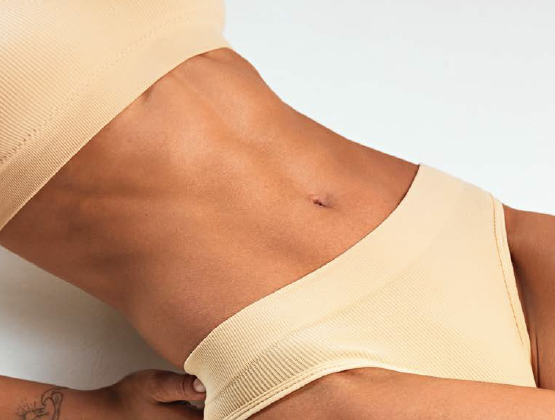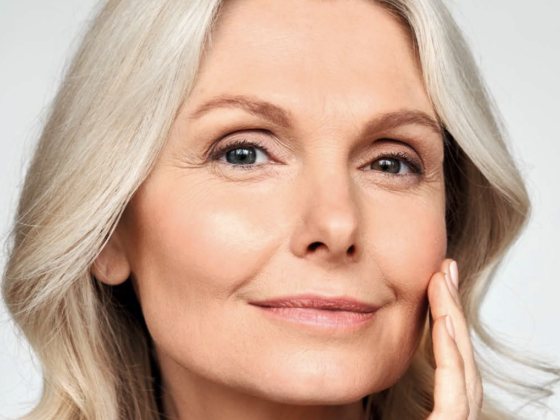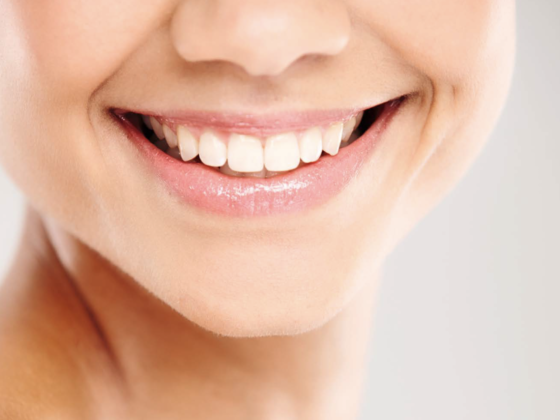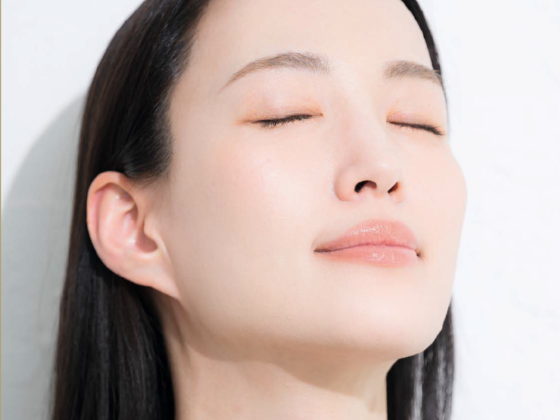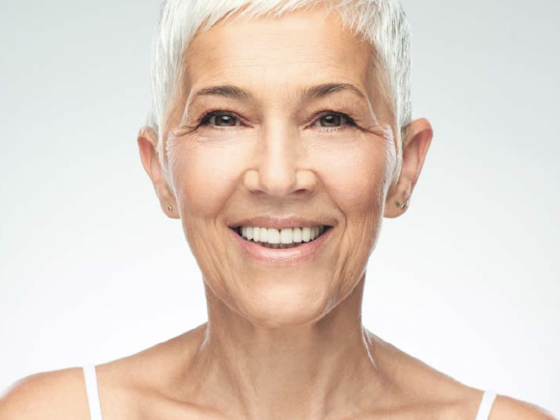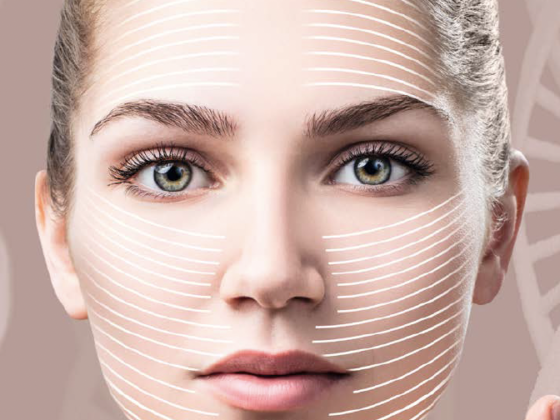Aging is a natural process, but not everyone experiences it in the same way.
Dr Isabelle Meurgey and Dr Alain Butnaru
Some people stay fighting fit and sharp-minded as they get older, while others accumulate fatigue, chronic pain and degenerative diseases. One of the little-known yet essential actors in this equation is our gut microbiota. A real ecosystem housed in our intestines, it plays a key role in inflammation, immunity, metabolism and even brain health.

The microbiota’s key role in aging
Our gut is home to billions of bacteria, viruses, parasites, fungi and other micro-organisms that are constantly communicating with our body. With age, this vital microbiota loses its diversity and balance, a phenomenon called dysbiosis. This alteration is associated with a number of illnesses connected with aging, such as chronic low-grade inflammation (or “inflammaging”), metabolic diseases such as diabetes and obesity, cognitive decline and neurodegenerative disorders, and finally fragile immunity. In functional medicine, biological tests allow us to diagnose and assess the extent of this dysbiosis in order to treat it.
Certain elements of our lifestyle alter our gut flora
The excessive use of antibiotics and medicines, which are often necessary, can alter your microbiota. Try to only take what you need, and take them alongside probiotics if required. Chronic stress boosts inflammation by changing the composition of the microbiota. Meditation, yoga and cardiac coherence are excellent ways to regulate stress. The microbiota follows a circadian rhythm, and disrupted sleep affects its diversity. Sleep at least 7 to 8 hours per night for a well-balanced gut.
Diet is the primary way to boost the microbiota
An ultra-processed diet, rich in sugars and additives, promotes inflammation and depletes our gut flora. Conversely, a natural, varied diet nourishes our good bacteria and improves our health.
• Focus on fibre: Prebiotics (fibres that nourish the good bacteria) are essential. They can be found in vegetables (leeks, asparagus, onions), pulses, fruit (bananas, apples) and pseudocereals (buckwheat, quinoa).
• Include fermented foods: kefir, yoghurt, kimchi, sauerkraut, miso and kombucha are all rich in probiotics, which boost the microbial diversity.
• Vary your vegetable sources: A healthy microbiota is a diverse microbiota. Eat a wide variety of vegetables, fruit, nuts and grains.
• Reduce your intake of inflammatory foods such as refined sugars, processed meats and saturated fat, which promote the proliferation of harmful bacteria.
Some habits also promote a healthy microbiota
• Get moving: Moderate physical activity improves the microbial diversity and reduces inflammation.
• Spend time in nature: Being in contact with the natural environment diversifies your microbiota. Gardening, walking through a forest or even playing with your pet can be beneficial.
• Practise intermittent fasting: This dietary approach promotes cell renewal and supports the microbial balance by limiting excessive bacterial proliferation.
Microbiota and the brain: A key axis for aging well
The microbiota does not only affect our digestion, it also influences our brain via the gut-brain axis. An imbalanced microbiota is connected with anxiety, depression and cognitive decline. Studies have shown that certain probiotic strains – psychobiotics – improve memory and reduce brain inflammation. Therefore, by taking care of our microbiota, we also protect our cognitive function and prevent neurodegenerative disorders such as Alzheimer’s disease.
Dr Isabelle Meurgey

Doctor of anti-aging and aesthetic medicine. Graduate of the Rouen medical faculty. Has specialised in preventative and performance medicine since 1997. Permanent member of the French Society of Aesthetic Medicine.
More: docteurisabellemeurgey.com
Dr Alain Butnaru
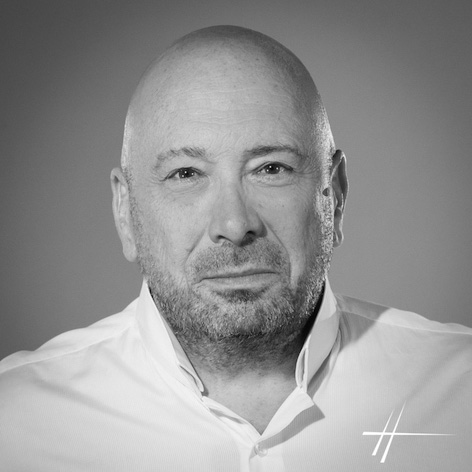
Graduate of the Paris Medical Faculty. Aesthetic and Anti-Aging Medicine since 1985. Permanent member of the French Society of Aesthetic Medicine. Degrees in Morphological and Anti-Aging Medicine.
More: docteuralainbutnaru.com




